DOMESTIC BENEFITS FROM IPEF
입력 2022.05.24 (15:16)
수정 2022.05.24 (16:45)
읽어주기 기능은 크롬기반의
브라우저에서만 사용하실 수 있습니다.
[Anchor Lead]
The IPEF, which was launched on Monday, seeks to set new standards for the supply chain, carbon reduction and labor issues. Korean businesses struggling to solve supply chain problems are expected to benefit from the initiative. However, the government and the relevant sectors could face resistance from China.
[Pkg]
Russia's invasion of Ukraine has triggered severe supply chain problems around the globe. In just a year, price of neon has surged by 22-fold, while price of nickel has doubled. As a result, Korean manufacturers of semiconductors and secondary batteries, which are made of neon and nickel, have been hit hard. Korea is particularly vulnerable to supply chain disruptions because it relies heavily on the imports of intermediate materials. The government hopes that by joining the Indo-Pacific Economic Framework, it will be able to cope with the supply chain crisis more effectively.
[Soundbite] Yoon Suk-yeol(President) : "International collaboration is essential for responding to global supply chain issues effectively."
A prevailing view is that technological partnerships among countries will help the semiconductor and battery sectors bolster their competitiveness. The IPEF will also pave the way for early participation in relatively new areas such as digital economy and clean energy.
[Soundbite] Park Seon-min(Korea International Trade Association) : "Digital and environmental issues are inevitable now. Korea will benefit from joining the initiative early on to secure a spot."
However, China's response is a concern, both for the government and the business community. Korea's reliance on Chinese imports of intermediate materials has surged in the past decade, reaching almost 30 percent. Another factor to take into consideration is the possibility of limited actual benefits compared to existing economic deals centered on customs benefits.
The IPEF, which was launched on Monday, seeks to set new standards for the supply chain, carbon reduction and labor issues. Korean businesses struggling to solve supply chain problems are expected to benefit from the initiative. However, the government and the relevant sectors could face resistance from China.
[Pkg]
Russia's invasion of Ukraine has triggered severe supply chain problems around the globe. In just a year, price of neon has surged by 22-fold, while price of nickel has doubled. As a result, Korean manufacturers of semiconductors and secondary batteries, which are made of neon and nickel, have been hit hard. Korea is particularly vulnerable to supply chain disruptions because it relies heavily on the imports of intermediate materials. The government hopes that by joining the Indo-Pacific Economic Framework, it will be able to cope with the supply chain crisis more effectively.
[Soundbite] Yoon Suk-yeol(President) : "International collaboration is essential for responding to global supply chain issues effectively."
A prevailing view is that technological partnerships among countries will help the semiconductor and battery sectors bolster their competitiveness. The IPEF will also pave the way for early participation in relatively new areas such as digital economy and clean energy.
[Soundbite] Park Seon-min(Korea International Trade Association) : "Digital and environmental issues are inevitable now. Korea will benefit from joining the initiative early on to secure a spot."
However, China's response is a concern, both for the government and the business community. Korea's reliance on Chinese imports of intermediate materials has surged in the past decade, reaching almost 30 percent. Another factor to take into consideration is the possibility of limited actual benefits compared to existing economic deals centered on customs benefits.
■ 제보하기
▷ 카카오톡 : 'KBS제보' 검색, 채널 추가
▷ 전화 : 02-781-1234, 4444
▷ 이메일 : kbs1234@kbs.co.kr
▷ 유튜브, 네이버, 카카오에서도 KBS뉴스를 구독해주세요!
- DOMESTIC BENEFITS FROM IPEF
-
- 입력 2022-05-24 15:16:29
- 수정2022-05-24 16:45:23
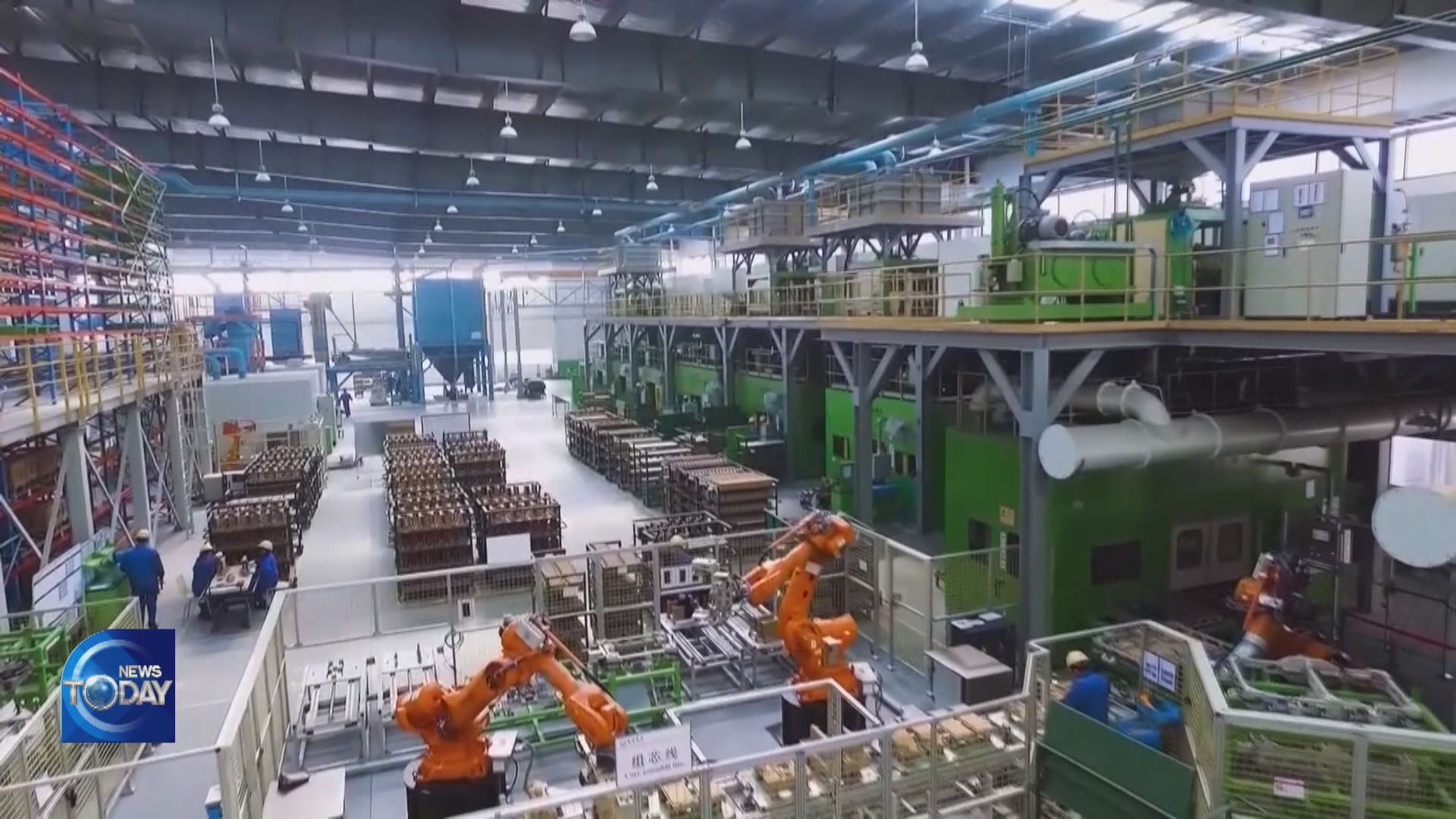
[Anchor Lead]
The IPEF, which was launched on Monday, seeks to set new standards for the supply chain, carbon reduction and labor issues. Korean businesses struggling to solve supply chain problems are expected to benefit from the initiative. However, the government and the relevant sectors could face resistance from China.
[Pkg]
Russia's invasion of Ukraine has triggered severe supply chain problems around the globe. In just a year, price of neon has surged by 22-fold, while price of nickel has doubled. As a result, Korean manufacturers of semiconductors and secondary batteries, which are made of neon and nickel, have been hit hard. Korea is particularly vulnerable to supply chain disruptions because it relies heavily on the imports of intermediate materials. The government hopes that by joining the Indo-Pacific Economic Framework, it will be able to cope with the supply chain crisis more effectively.
[Soundbite] Yoon Suk-yeol(President) : "International collaboration is essential for responding to global supply chain issues effectively."
A prevailing view is that technological partnerships among countries will help the semiconductor and battery sectors bolster their competitiveness. The IPEF will also pave the way for early participation in relatively new areas such as digital economy and clean energy.
[Soundbite] Park Seon-min(Korea International Trade Association) : "Digital and environmental issues are inevitable now. Korea will benefit from joining the initiative early on to secure a spot."
However, China's response is a concern, both for the government and the business community. Korea's reliance on Chinese imports of intermediate materials has surged in the past decade, reaching almost 30 percent. Another factor to take into consideration is the possibility of limited actual benefits compared to existing economic deals centered on customs benefits.
The IPEF, which was launched on Monday, seeks to set new standards for the supply chain, carbon reduction and labor issues. Korean businesses struggling to solve supply chain problems are expected to benefit from the initiative. However, the government and the relevant sectors could face resistance from China.
[Pkg]
Russia's invasion of Ukraine has triggered severe supply chain problems around the globe. In just a year, price of neon has surged by 22-fold, while price of nickel has doubled. As a result, Korean manufacturers of semiconductors and secondary batteries, which are made of neon and nickel, have been hit hard. Korea is particularly vulnerable to supply chain disruptions because it relies heavily on the imports of intermediate materials. The government hopes that by joining the Indo-Pacific Economic Framework, it will be able to cope with the supply chain crisis more effectively.
[Soundbite] Yoon Suk-yeol(President) : "International collaboration is essential for responding to global supply chain issues effectively."
A prevailing view is that technological partnerships among countries will help the semiconductor and battery sectors bolster their competitiveness. The IPEF will also pave the way for early participation in relatively new areas such as digital economy and clean energy.
[Soundbite] Park Seon-min(Korea International Trade Association) : "Digital and environmental issues are inevitable now. Korea will benefit from joining the initiative early on to secure a spot."
However, China's response is a concern, both for the government and the business community. Korea's reliance on Chinese imports of intermediate materials has surged in the past decade, reaching almost 30 percent. Another factor to take into consideration is the possibility of limited actual benefits compared to existing economic deals centered on customs benefits.
이 기사가 좋으셨다면
-
좋아요
0
-
응원해요
0
-
후속 원해요
0










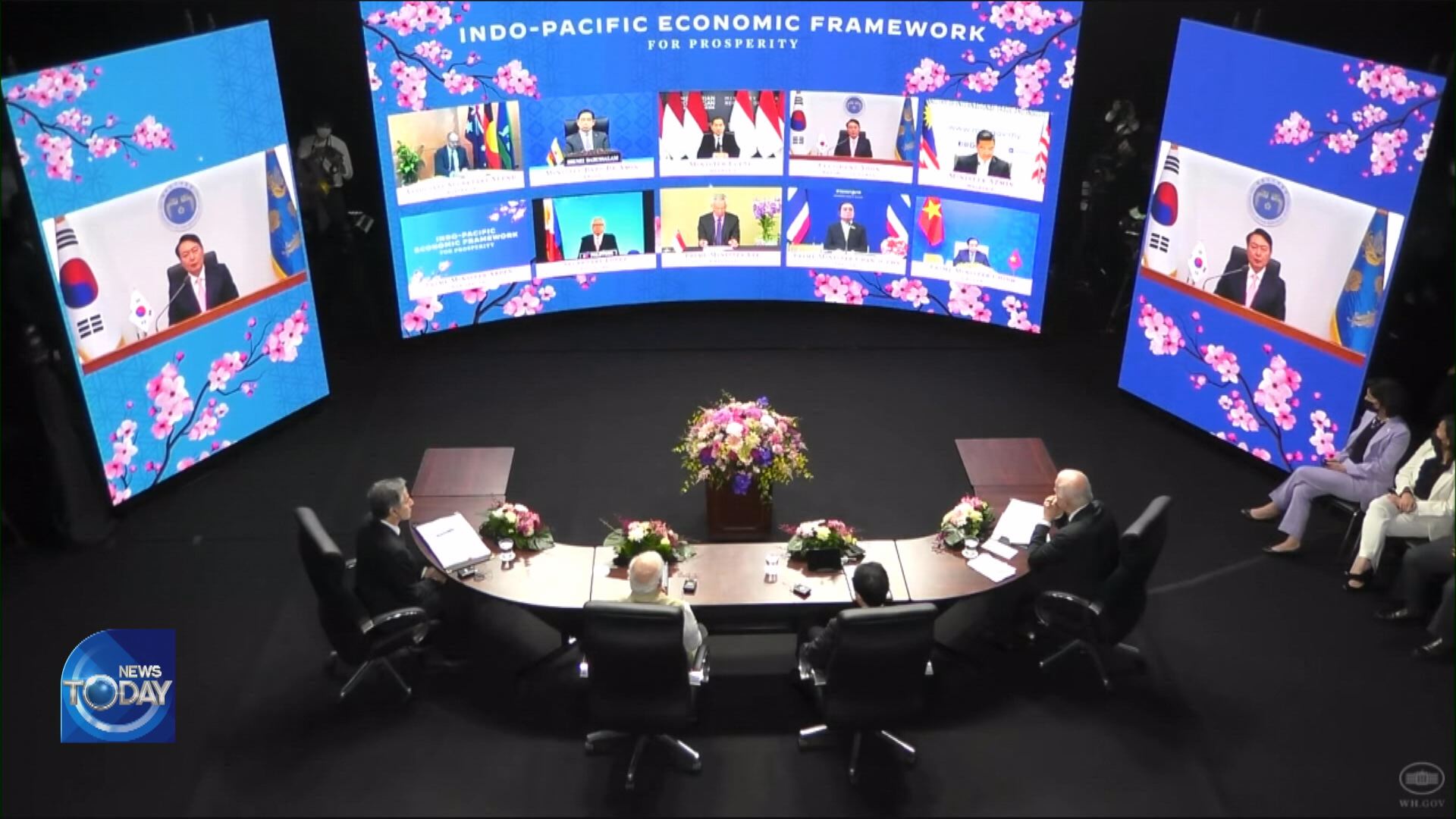
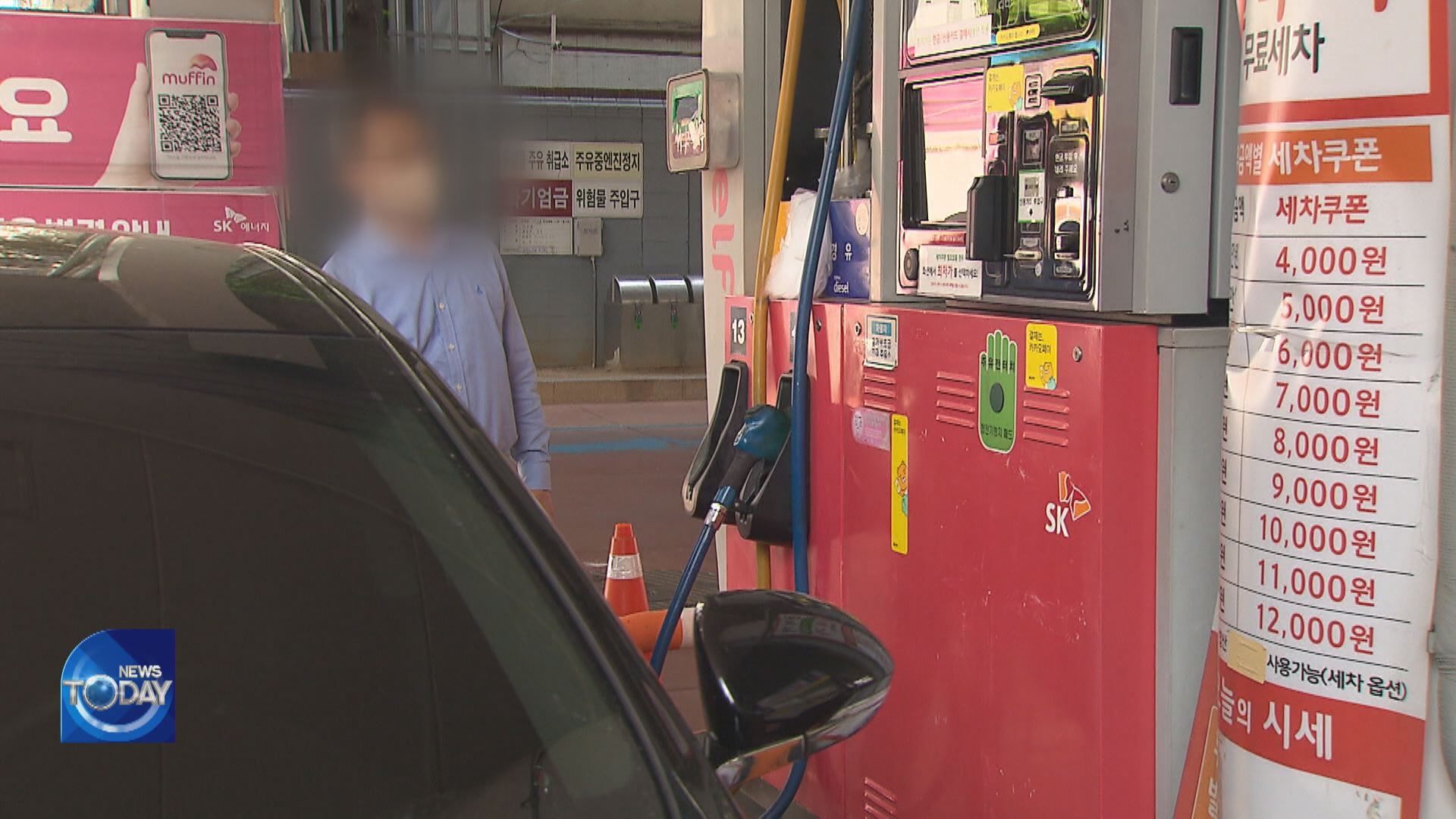
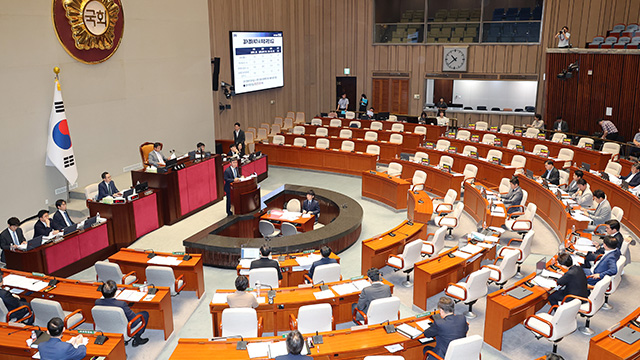
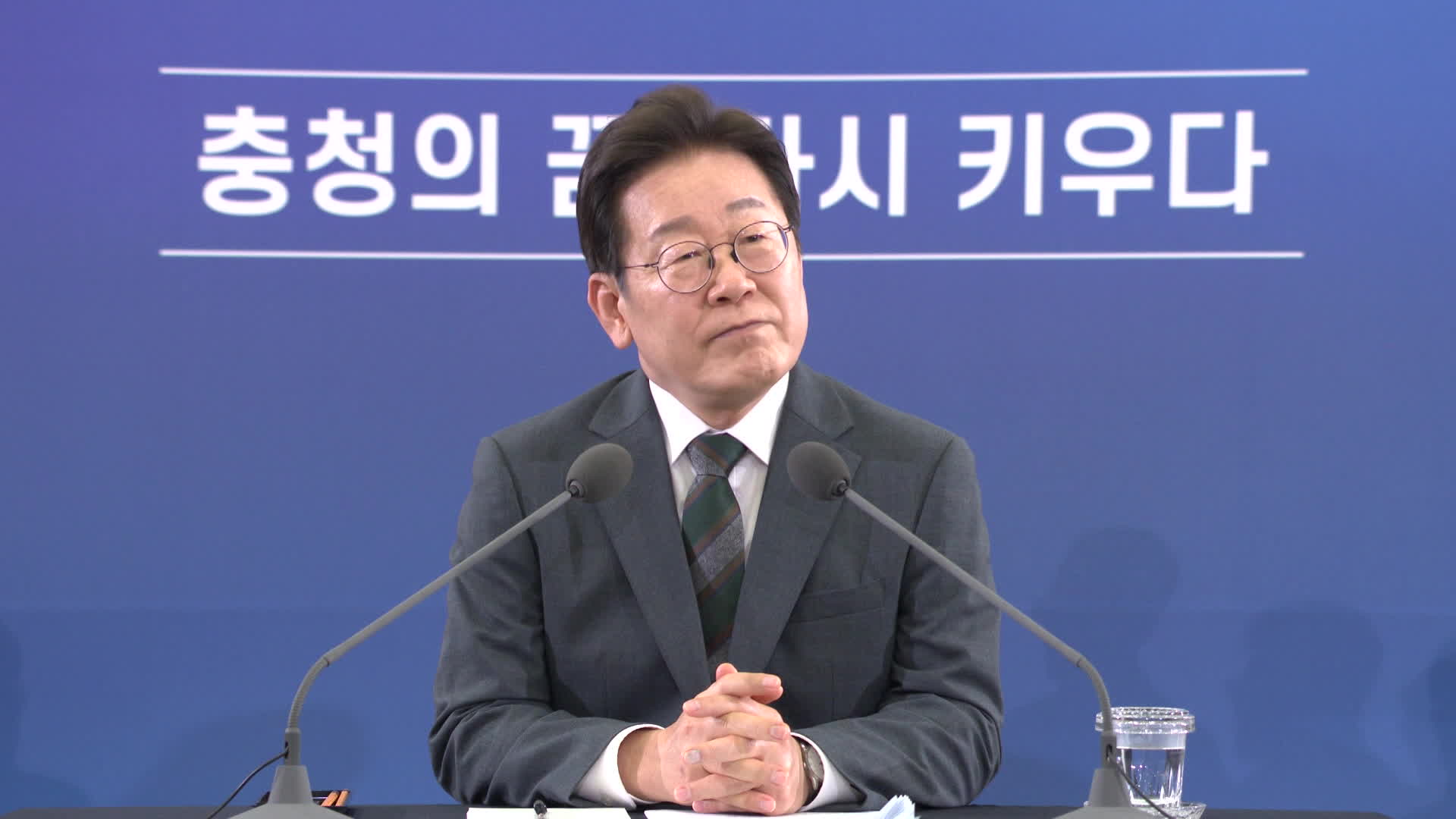
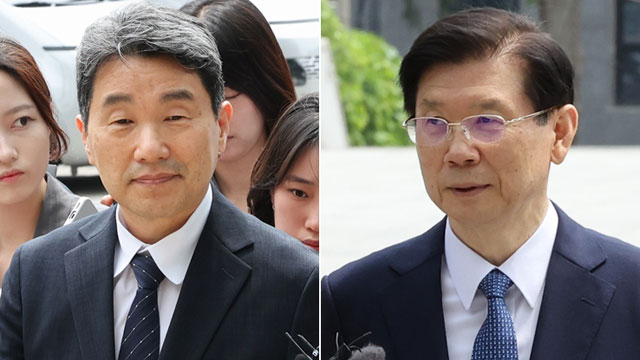
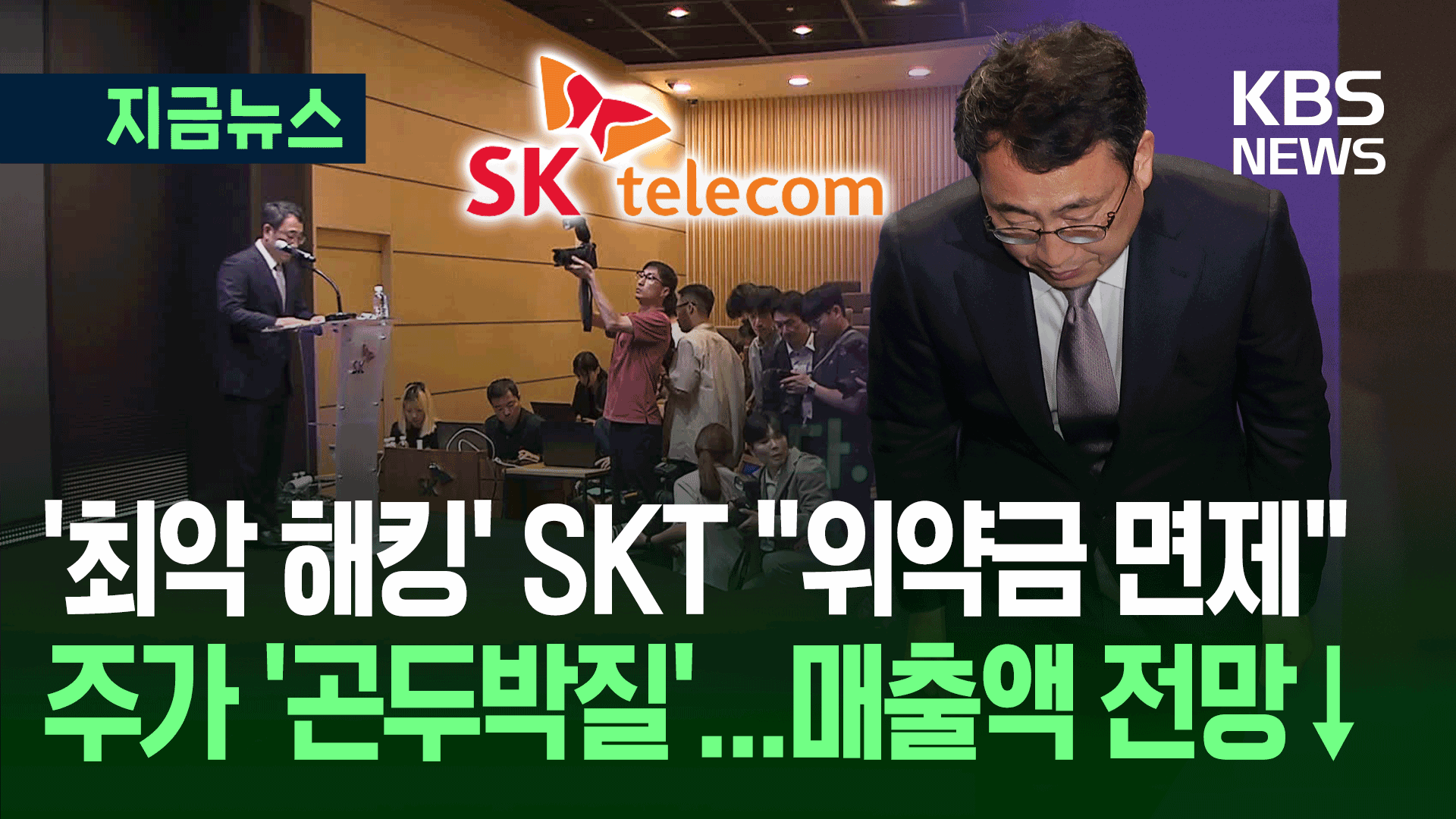

이 기사에 대한 의견을 남겨주세요.